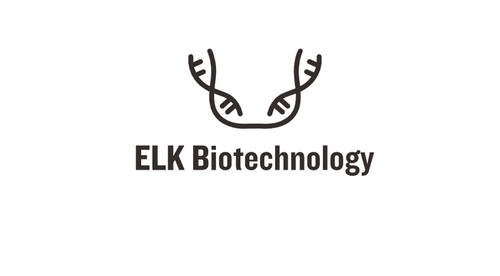Product Description
Human Serglycin (SRGN) ELISA Kit | AE15187HU | Abebio
Species Reactivity: Human (Homo sapiens)
Abbreviation: SRGN
Alternative Name: FLJ12930; MGC9289; PPG; PRG; PRG1; hematopoetic proteoglycan core peptide|platelet proteoglycan protein core|proteoglycan 1; secretory granule|proteoglycan protein core for mast cell secretory granu
Application: ELISA
Range: 0.156-10 ng/mL
Sensitivity: 0.059 ng/mL
Intra-Assay: ≤4.1%
Inter-Assay: ≤8.2%
Recovery: 0, 96
Sample Type: Serum, Plasma, Other biological fluids
Detection Method: Sandwich
Analysis Method : Quantitive
Test Principale: This assay employs a two-site sandwich ELISA to quantitate SRGN in samples. An antibody specific for SRGN has been pre-coated onto a microplate. Standards and samples are pipetted into the wells and anySRGN present is bound by the immobilized antibody. After removing any unbound substances, a biotin-conjugated antibody specific for SRGN is added to the wells. After washing, Streptavidin conjugated Horseradish Peroxidase (HRP) is added to the wells. Following a wash to remove any unbound avidin-enzyme reagent, a substrate solution is added to the wells and color develops in proportion to the amount of SRGN bound in the initial step. The color development is stopped and the intensity of the color is measured.
Product Overview: Serglycin is a protein best known as a hematopoietic cell granule proteoglycan. Proteoglycans stored in the secretory granules of many hematopoietic cells also contain a protease-resistant peptide core, which may be important for neutralizing hydrolytic enzymes. This encoded protein was found to be associated with the macromolecular complex of granzymes and perforin, which may serve as a mediator of granule-mediated apoptosis.Serglycin plays a role in formation of mast cell secretory granules and mediates storage of various compounds in secretory vesicles. Required for storage of some proteases in both connective tissue and mucosal mast cells and for storage of granzyme B in T lymphocytes. Plays a role in localizing neutrophil elastase in azurophil granules of neutrophils. Mediates processing of MMP2.
Stability: The stability of ELISA kit is determined by the loss rate of activity. The loss rate of this kit is less than 5% within the expiration date under appropriate storage condition. The loss rate was determined by accelerated thermal degradation test. Keep the kit at 37°C for 4 and 7 days, and compare O.D.values of the kit kept at 37°C with that of at recommended temperature. (referring from China Biological Products Standard, which was calculated by the Arrhenius equation. For ELISA kit, 4 days storage at 37°C can be considered as 6 months at 2 - 8°C, which means 7 days at 37°C equaling 12 months at 2 - 8°C) .
 Euro
Euro
 USD
USD
 British Pound
British Pound
 NULL
NULL








